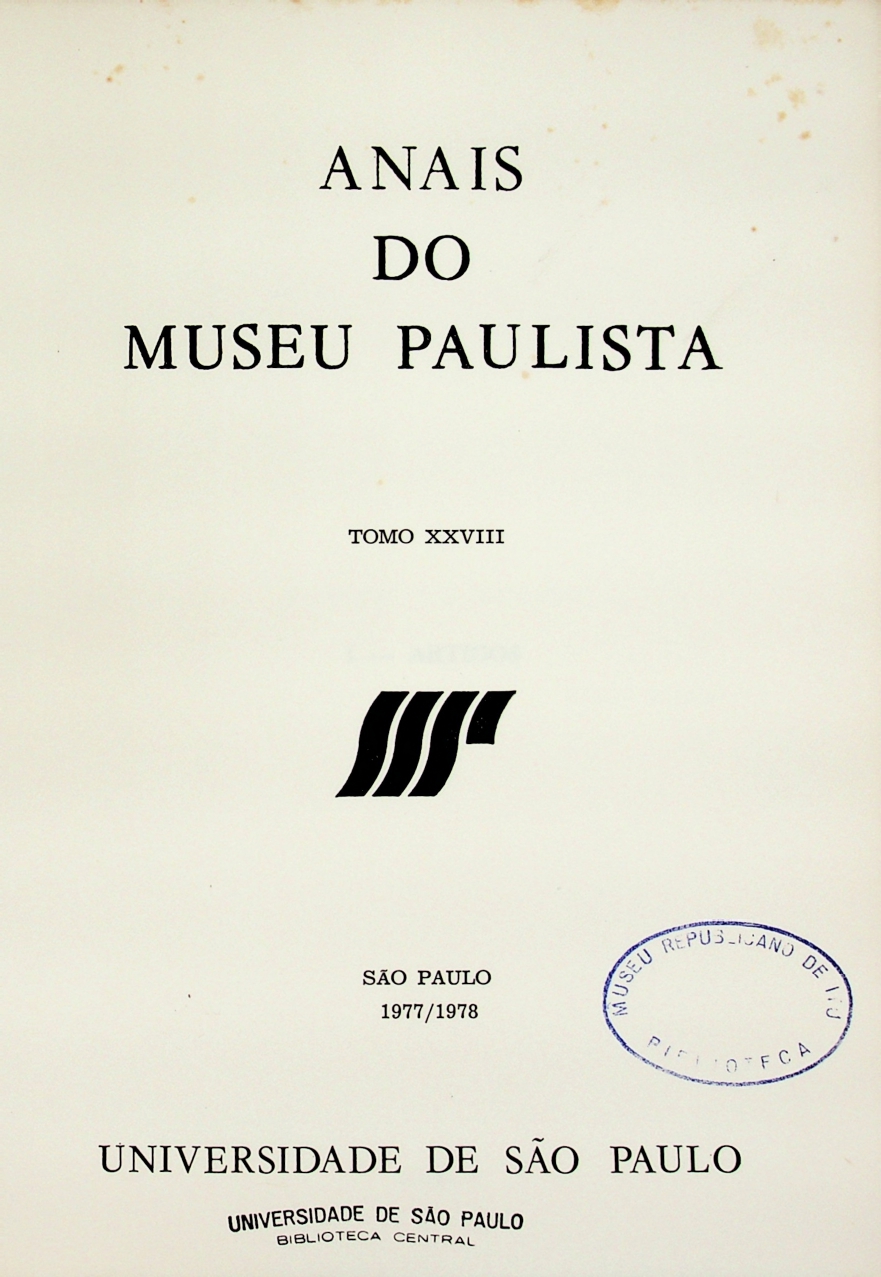Rota menor: o movimento da economia mercantil de subsistência no centro-sul do Brasil, 1808-1831
DOI:
https://doi.org/10.11606/1982-02671978TomoXXVIIIe2Resumo
Contrasting with the assumption of traditional historiography, the subsistence economy of Minas Gerais — particularly in the South — presented mercantile features apparent in the regional traffic of primary staple commodities and mainly in the supplying of the Rio de Janeiro market. After 1808, with the establishment of the Portuguese Court in Rio de Janeiro, the local market began to increase its own consumption capacity, draining the surplus from the producing areas. New roads linked the Southern Region of Minas with the town of Rio de Janeiro, thus providing an outlet for surplus production. The increasing merchandise flow led to the formation of an economy based on coffee production in the Paraíba Valley region. Moreover, the movement of “tropeiros” (cattledealers) and tradesmen contributed directly to the establishment of the coffee economy in this area. Landowners and “tropeiros” settled in the region and invested in coffee production. Together with tradesmen and court bureaucrats, who also became investors, they comprised the emerging class of coffee-owners.
Downloads
Downloads
Publicado
Edição
Seção
Licença
Copyright (c) 1978 Alcir Lenharo

Este trabalho está licenciado sob uma licença Creative Commons Attribution 4.0 International License.
Autores que publicam nesta revista concordam com os seguintes termos:
- Autores mantém os direitos autorais e concedem à revista o direito de primeira publicação, com o trabalho simultaneamente licenciado sob a Licença Creative Commons Attribution que permite o compartilhamento do trabalho com reconhecimento da autoria e publicação inicial nesta revista.
- Autores têm autorização para assumir contratos adicionais separadamente, para distribuição não-exclusiva da versão do trabalho publicada nesta revista (ex.: publicar em repositório institucional ou como capítulo de livro), com reconhecimento de autoria e publicação inicial nesta revista.
- Autores têm permissão e são estimulados a publicar e distribuir seu trabalho online (ex.: em repositórios institucionais ou na sua página pessoal) a qualquer ponto antes ou durante o processo editorial, já que isso pode gerar alterações produtivas, bem como aumentar o impacto e a citação do trabalho publicado (Veja O Efeito do Acesso Livre).



